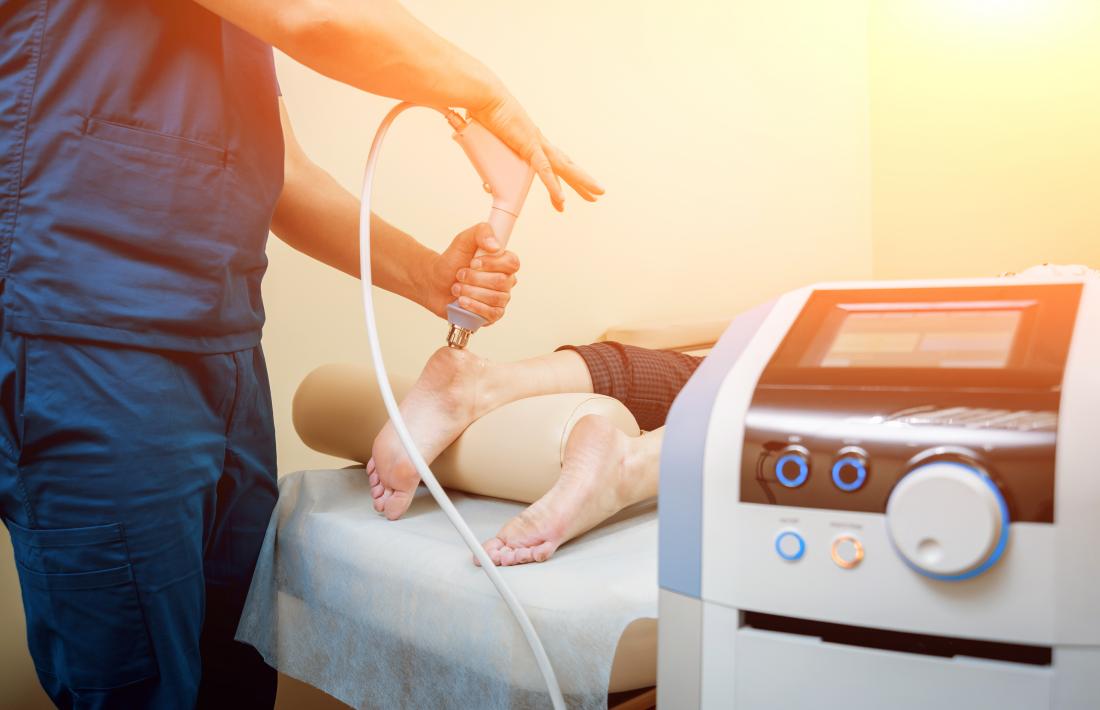Understanding the Source of Excessive Sweating and Its Impact on Daily Life
Too much sweating, additionally referred to as hyperhidrosis, is a problem that influences a substantial section of the populace, yet its underlying reasons and ramifications on day-to-day working stay rather enigmatic. While it is commonly understood as a physiological reaction to regulate body temperature, the triggers for extreme sweating can vary extensively among people, encompassing not only physical variables yet also emotional and mental components. The influence of this condition expands beyond mere pain, commonly influencing social interactions and general high quality of life. By delving into the source of hyperhidrosis and exploring its complex effects, a deeper understanding of this pervasive problem can be obtained, clarifying the intricacies that individuals facing too much sweating navigate daily.
Physiology of Sweat Glands
The regulation of sweat production, a critical physical procedure, is mostly controlled by the task of gland dispersed across the body. Sweat glands are categorized right into two main types: eccrine and apocrine glands. Eccrine glands are one of the most various and are located in practically all areas of the body. They play a vital duty in thermoregulation by secreting a watery fluid onto the skin's surface, which helps and vaporizes cool the body down. In comparison, apocrine glands are concentrated in areas abundant in hair follicles, such as the underarms and groin, and their secretions are thicker and milky in look.
When the body temperature climbs, either due to physical task, heats, or psychological stress, the anxious system triggers the sweat glands to generate sweat. This sweat is made up largely of water and electrolytes like salt and chloride. The procedure of sweat production is vital for preserving the body's internal temperature level within a narrow, optimum range, highlighting the vital role sweat glands play in human physiology.
Triggers for Excessive Sweating
In comprehending the origin of excessive sweating, it is vital to recognize the triggers that can cause this physical feedback. Excessive sweating, additionally known as hyperhidrosis, can be prompted by different factors, both physiological and ecological. One usual trigger is psychological tension or anxiousness, which can promote the body's sweat glands to produce even more sweat than is necessary for cooling. Physical physical effort, heats, and spicy foods are additionally understood to cause excessive sweating in people vulnerable to this condition. Furthermore, certain medical problems like menopause, diabetes mellitus, or hyperthyroidism can add to extreme sweating as well.
Furthermore, medicines such as some antidepressants, opioids, and specific supplements can also function as triggers for hyperhidrosis. Recognizing these triggers is important in taking care of too much sweating successfully - Exessive Sweating. By recognizing and addressing the particular triggers that prompt too much sweating in a specific, doctor can establish customized treatment strategies to ease this condition and boost the person's lifestyle
Medical Issue Associated
Connected with excessive sweating are numerous clinical conditions that can worsen this physiological response. One common problem is hyperhidrosis, a disorder characterized by abnormally boosted sweating that exceeds the body's thermoregulatory demands. This can show up in focal locations like the palms, soles, underarms, or face, affecting an individual's top quality of life due to social embarrassment and discomfort.
Additionally, endocrine conditions such as hyperthyroidism, diabetes, and menopausal hot flashes can likewise result in excessive sweating. Hyperthyroidism creates an overproduction of thyroid hormonal agents, speeding up metabolic rate and triggering sweating. Diabetes mellitus can generate sweating episodes, especially during hypoglycemic episodes when blood hop over to here sugar degrees go down as well reduced. Menopausal warm flashes, attributed to hormonal variations throughout menopause, can cause extreme and unexpected sweating, commonly accompanied by flushing and heart palpitations.
Moreover, infections like tuberculosis, endocarditis, and hiv have been related to night sweats, an usual symptom understood to interfere with rest and influence overall health. These medical problems highlight the diverse variety of underlying elements that can add to excessive sweating, necessitating comprehensive assessment and administration by health care experts.
Emotional and psychological Factors

Impact on Social Communications
Too much sweating can have profound results on an individual's ability to involve conveniently in social interactions. The visible signs of sweat stains or wet patches on garments can bring about shame and self-consciousness, creating individuals to withdraw from social circumstances. This withdrawal can affect partnerships, limitation social activities, and hinder personal and expert development.
In addition, the anxiousness and self-worth concerns originating from too much sweating can influence communication and social abilities. People might read this post here struggle to concentrate on conversations, take part in group tasks, or reveal themselves confidently. This can cause sensations of seclusion and solitude, as social connections come to be challenging to keep.
Verdict

While it is commonly comprehended as a physiological response to regulate body temperature level, the triggers for extreme sweating can vary extensively amongst individuals, incorporating not only physical elements however additionally psychological and emotional components. By diving right into the root triggers of hyperhidrosis and discovering its diverse results, a much deeper understanding of this prevalent concern can be gained, shedding light on the intricacies that individuals grappling with too much sweating navigate on an everyday basis.
Physical physical effort, high temperature levels, and spicy foods are likewise recognized to trigger excessive sweating in individuals susceptible to this problem. By recognizing and attending to the particular triggers that motivate excessive sweating in a private, health care providers can develop customized treatment plans to reduce this condition and improve the person's high quality of life.
Excessive sweating can have profound results on an individual's ability to involve pleasantly in social communications.
Comments on “Efficient Dermatology Solutions for Excessive Sweating: How to Stop Sweaty Hands and Feet”